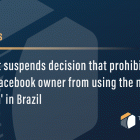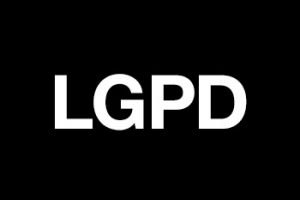Clique aqui para ler em português.
A bill pending in Congress provides that ChatGPT and other chatbots must remunerate content authors.
Discussions about possible copyright violations by ChatGPT also take place in Brazil. A bill pending in Congress provides that artificial intelligence chatbots are required to indemnify content authors.
The bill was authored by deputy Jandira Feghali (PC do B-RJ), and the rapporteur added the section that allows for such punishments, deputy Elmar Nascimento (União Brasil-BA), in his last opinion. The proposal includes in the text of the Civil Rights Framework for the Internet the category of “digital platforms for third-party content,” which provides for “artificial intelligence” services.
The project still needs to be approved by the Legislature and must change. The vote in the Chamber of Deputies may take place in the coming days, but the text is under pressure from the big techs, according to a report by Folha de São Paulo.
ChatGPT: Legislation is unclear
- For the digital law and data protection lawyer at the Medina Guimarães office, Micaela Ribeiro, including artificial intelligence in the discussion is an “advance, albeit minimal.”
- According to Diogenes Mizumukai, also from the area of digital law and founding partner of the BFMK office, the law is essential because “it includes artificial intelligence, specifically inserted as a digital platform, as a means of propagating authorial works.”
However, the problem pointed out by both is that there is still a legal vacuum on the ownership of the copyright of what AI produces. - Some argue that the creator of artificial intelligence should be considered the author.
- Others argue that this position must be shared between the work’s creator and the tool.
- “[The proposal] brings the prerogative of the copyright holder so that he can request remuneration if the artificial intelligence platform somehow indexes his work,” understands Mizumukai.
- Marcela Ribeiro states that “compensation is something that should be discussed, but not just with a mention in a paragraph, without saying how, or for whom. The project says it must be done but does not show how”.
Compensation for journalistic content
- Bill 2370 also wants to oblige broadcasters and streaming platforms to new copyright payments for singers, actors, and audiovisual works.
- And it even provides for the remuneration of journalistic content by big techs.
- “Care is taken to prevent big techs from benefiting economically from the high investment made by third parties for the production of content, offering meager remuneration in return, given the high concentration of the internet market,” says the text.
Source: Olhar Digital







